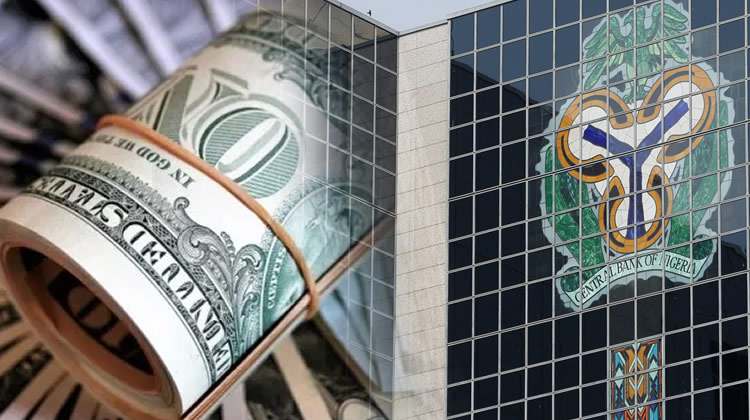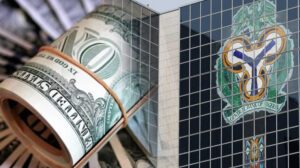
Capital reversals dominate Nigeria’s $1bn foreign outflow
Nigeria has witnessed a significant increase in capital outflows, totalling $1 billion in April 2024, an increase of 35.14 percent from $740 million recorded in the previous month.
This increase was largely driven by capital reversals, which accounted for 78% of the total outflow, equating to $780 million.
It was observed that capital reversals were more than the total foreign capital outflow recorded in May 2024.
According to the Central Bank of Nigeria’s (CBN) April 2024 Monthly Economic Report, loan repayments also played a significant role in the outflows, increasing from $120 million in March to $160 million in April.
The remaining outflow was composed of dividend repatriation, which saw a decline to $40 million from $90 million in the previous month.
The report read, “Capital outflow increased, due to capital reversals and higher loan repayments. Capital outflow rose to US$1.00 billion, from US$0.74 billion in the preceding month.
“A breakdown showed that capital reversals increased to US$0.78 billion, from US$0.53 billion.
“Repayment of loans rose to US$0.16 billion, from US$0.12 billion. Dividend repatriation, however, decreased to US$0.04 billion, from US$0.09 billion. In terms of the share of total outflow, capital reversals constituted 78.00 percent, followed by loans and dividends at 16.00 and 4.00 percent, respectively. Other forms of outflow accounted for the balance.”
Further observed that capital outflows fluctuated significantly this year, reaching a peak of $1.31 billion in February 2024, before declining to $740 million in March and rising again to $1 billion in April 2024.
The most substantial component of these outflows was capital reversals, particularly pronounced in February 2024, which coincided with the highest overall outflow.
Capital reversal refers to the phenomenon where foreign investors withdraw or repatriate their investments from a country, often in response to economic instability, policy changes, or more attractive investment opportunities elsewhere.
This can involve selling off stocks, bonds, or other financial assets and moving the capital back to the investor’s home country or another destination perceived as safer or more profitable.
When capital reversals occur, there is an increased demand for foreign currency as investors convert their naira holdings into dollars or other currencies before repatriating their funds.
This puts downward pressure on the naira, potentially leading to further depreciation of the currency. A weaker naira can make imports more expensive and fuel inflation, further straining the economy.
Recall that Nigeria’s foreign exchange (FX) reserves dipped by $2.16 billion in 29 days, amid the CBN’s efforts to stabilise the naira in April. The FX reserves plummeted to the lowest level in six years on April 15, 2024.
According to the FMDQ Markets Monthly Report for April, spot FX market turnover in April 2024 was $9.12 billion (N11.14 trillion), representing a Month-on-month (MoM) decrease of 27.68 percent ($3.49 billion) from the turnover recorded in March 2024 ($12.61 billion).
However, the report noted that in the FX market, the naira steeply appreciated against the US Dollar, with the spot exchange rate strengthening to an average of N1,244.66/$1 in April 2024 from N1,524.04/$1 recorded in March 2024.
It added further that exchange rate volatility slightly increased in April 2024 as the naira traded within an exchange rate range of N1,072.74/$1 – N1,419.11/$1 compared to N1,300.43/$1 – N1,627.40/$1 recorded in March 2024.




